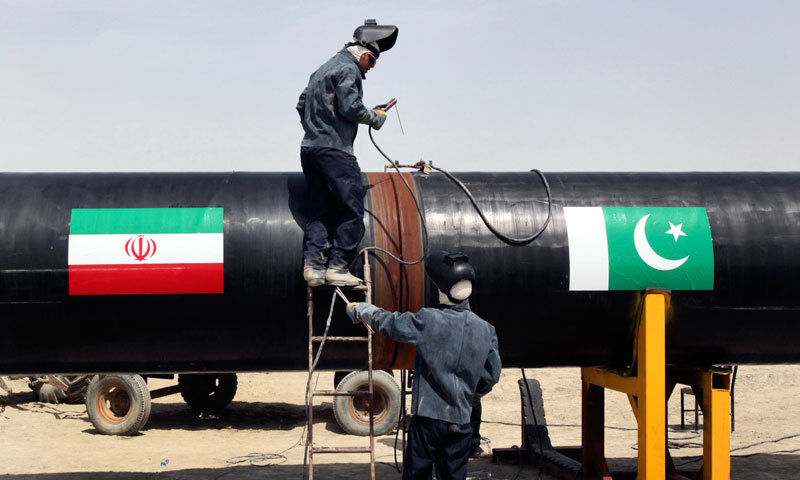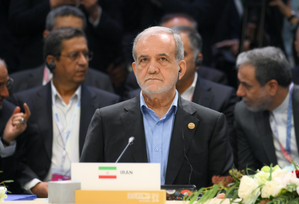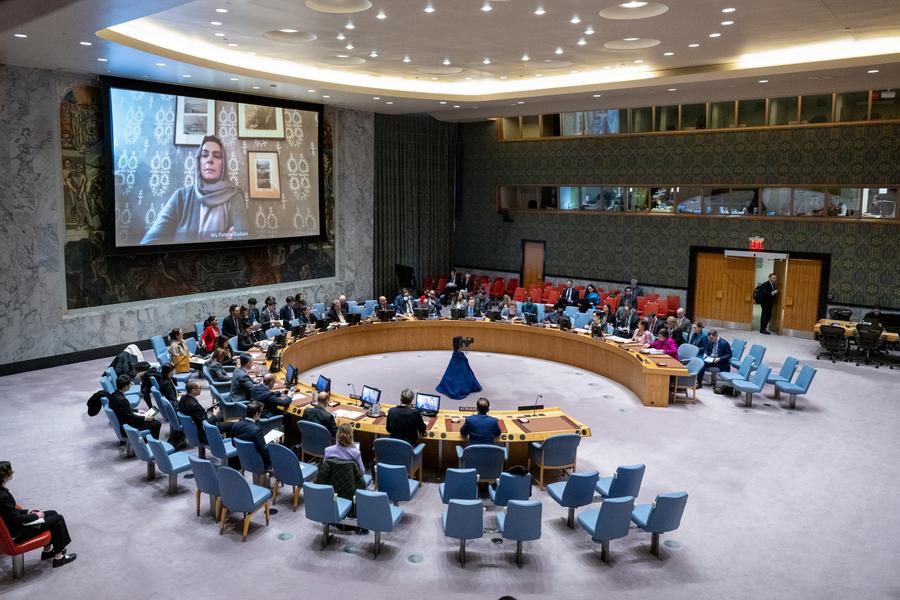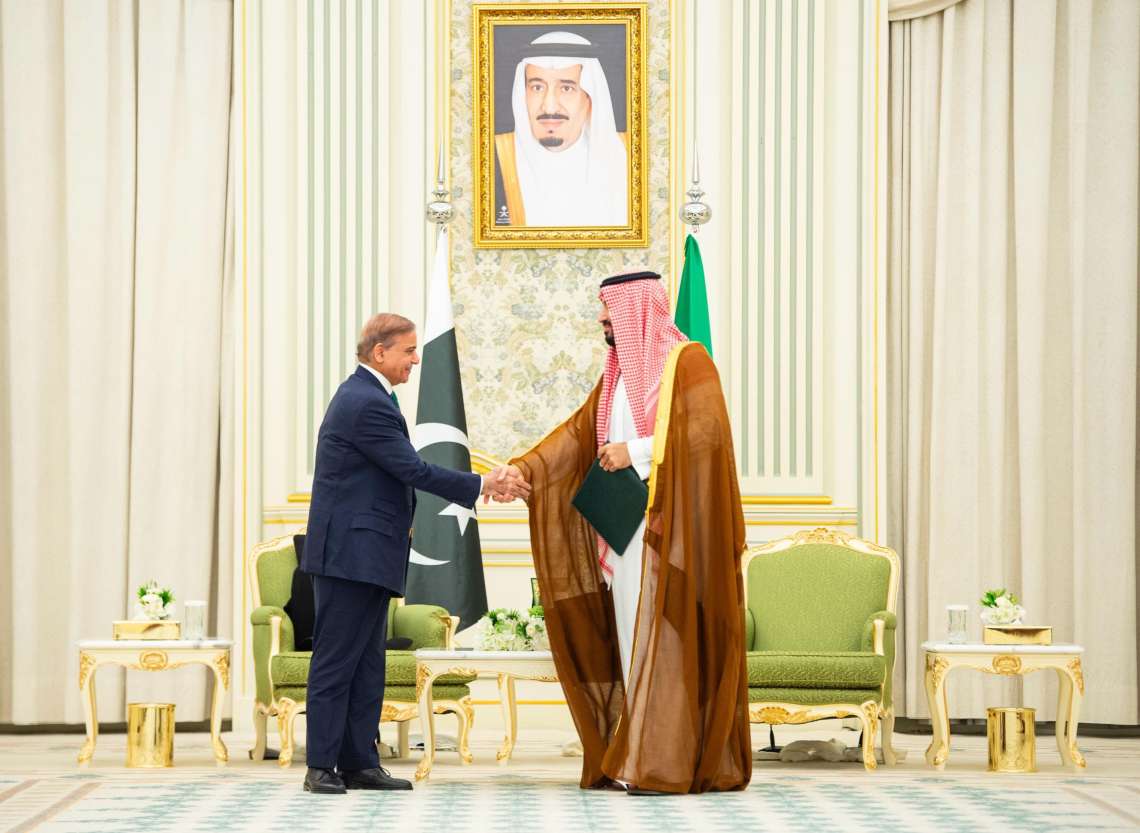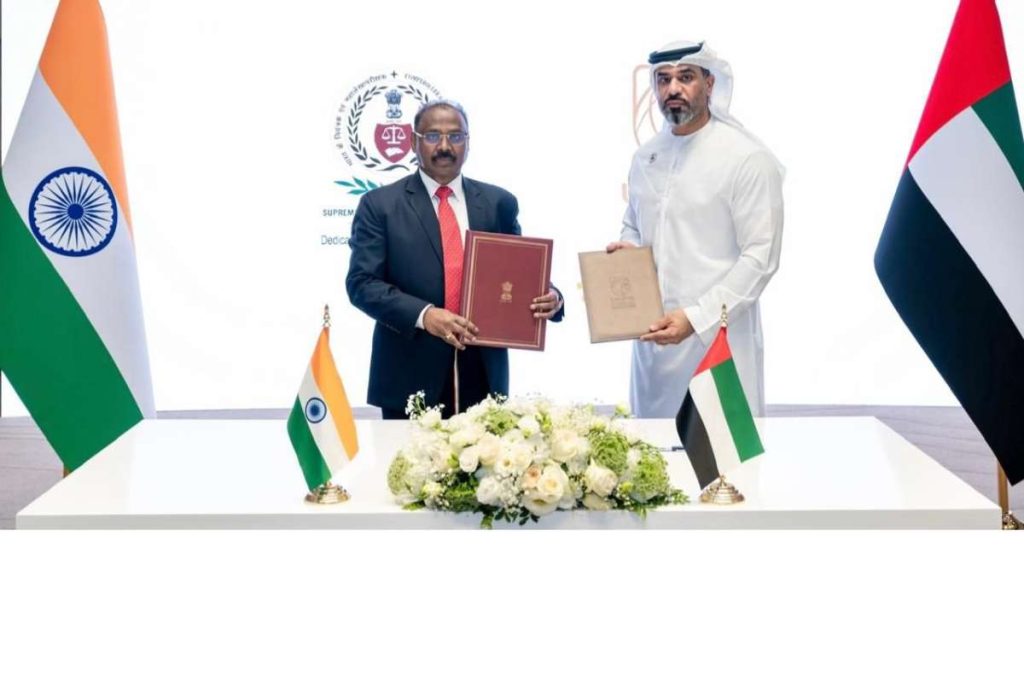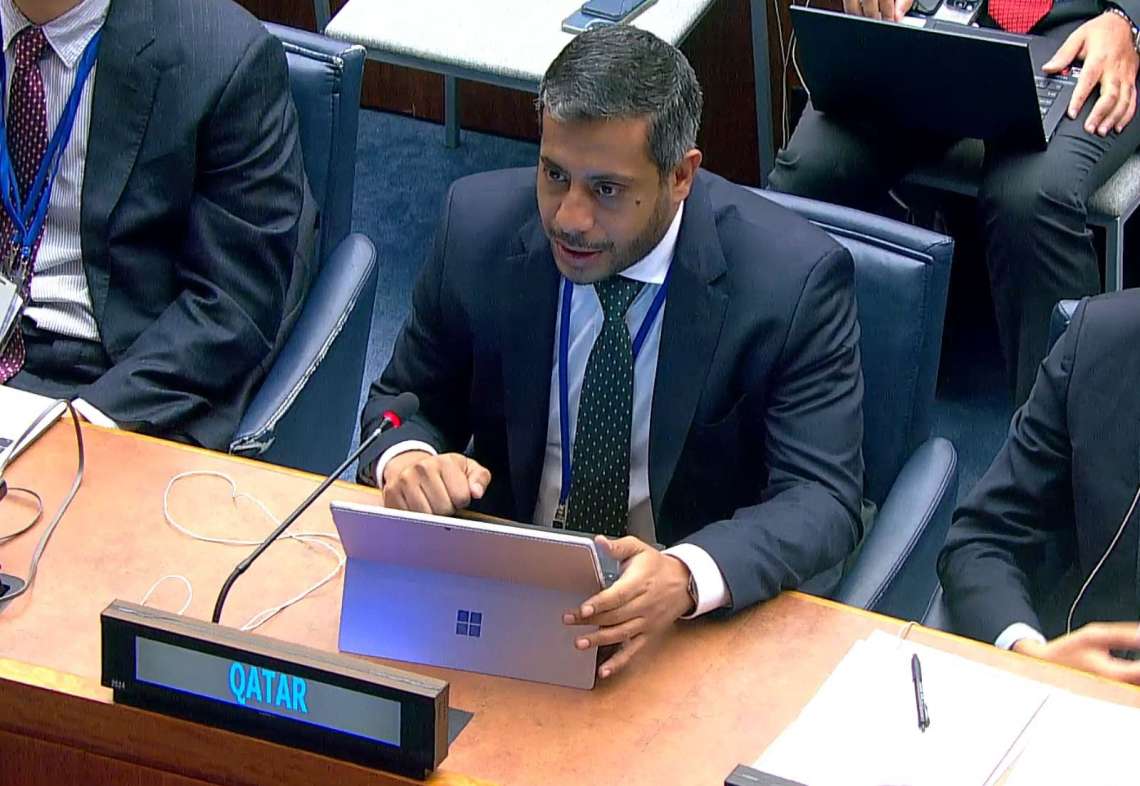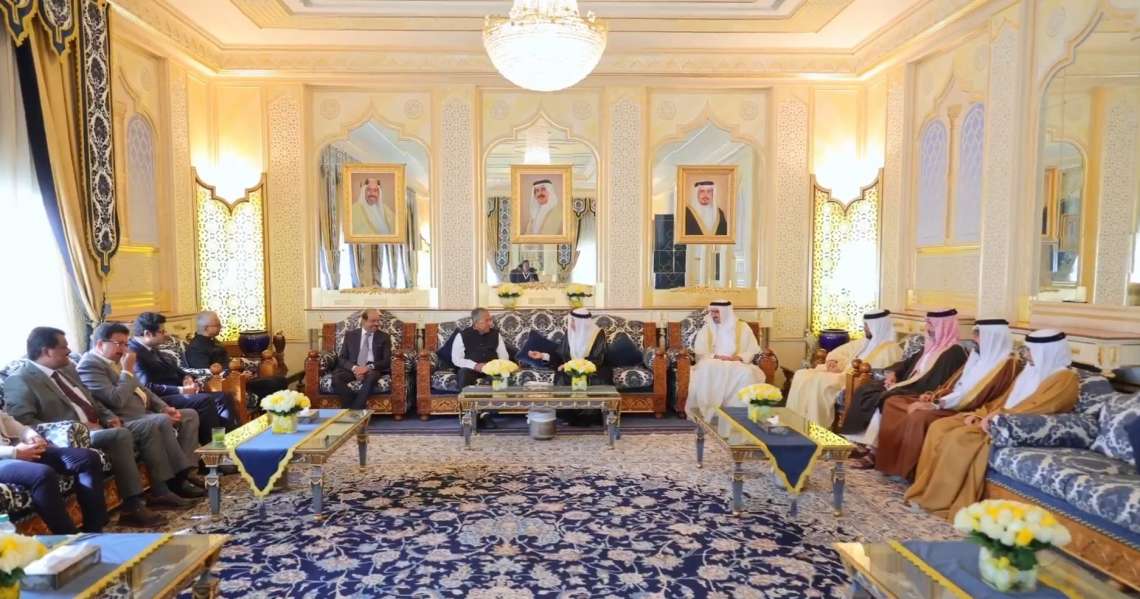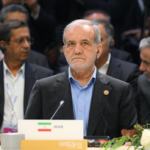The pipeline, once envisioned as a “Peace Pipeline,” now stands as a monument to Pakistan’s diplomatic incompetence and economic mismanagement, writes Dr Sakariya Kareem
In a dramatic escalation of tensions between Iran and Pakistan, Tehran has served its final notice to Islamabad regarding the long-delayed Iran-Pakistan (IP) gas pipeline project. The Iranian government has made it clear that it is left with no option but to move the case to the International Court of Arbitration in Paris this September, following Pakistan’s failure to construct its portion of the pipeline within the extended 180-day deadline.
This development underscores Pakistan’s chronic inability to fulfill its international commitments and highlights the country’s precarious position in the complex web of regional geopolitics and energy security. The saga of the IP gas pipeline project is a testament to Pakistan’s diplomatic unreliability and economic short-sightedness. Conceived as a symbol of energy partnership between the two neighboring countries, the project’s agreement was initially signed in 2009. Pakistan committed to completing its part of the pipeline by December 2014, a deadline that came and went with no progress in sight. The contract included stiff penalties of $1 million per day for delays starting January 1, 2015, a clause that now hangs like a Damocles sword over Pakistan’s already fragile economy.

Iran, for its part, has demonstrated remarkable patience and goodwill. Despite investing $2 billion to construct its 1,150-kilometer share of the pipeline, inaugurated with much fanfare in 2013, Iran has watched helplessly as Pakistan’s 780-kilometer portion remains a pipe dream. The Iranian government’s frustration is palpable and justified, having extended multiple deadlines and renegotiated terms to accommodate Pakistan’s perpetual excuses.
Pakistan’s primary justification for its inaction has been the specter of U.S. sanctions against Iran. While these sanctions do present genuine challenges, they also serve as a convenient smokescreen for Pakistan’s lack of political will and economic mismanagement. The Pakistani government’s attempts to invoke force majeure in 2023, citing factors beyond its control, were promptly and rightfully rejected by Iran, exposing the hollowness of Islamabad’s excuses.
The fact that Pakistan announced the start of construction on an 80-kilometer first phase within its borders in February 2024, only to halt progress after a cautionary statement from U.S. Assistant Secretary of State Donald Lu, reveals the country’s diplomatic ineptitude. Pakistan’s inability to navigate the complex terrain of international relations and secure necessary waivers or alternative arrangements speaks volumes about its government’s competence and foresight.
Pakistan’s failure to complete the pipeline is not just a diplomatic embarrassment; it’s an economic catastrophe in the making. With its own proven gas reserves set to run dry in just over a decade, Pakistan desperately needs the 21 million cubic meters of natural gas per day that the pipeline promises to deliver. The country’s energy crisis, characterized by frequent blackouts and industrial slowdowns, continues to stifle economic growth and social development.
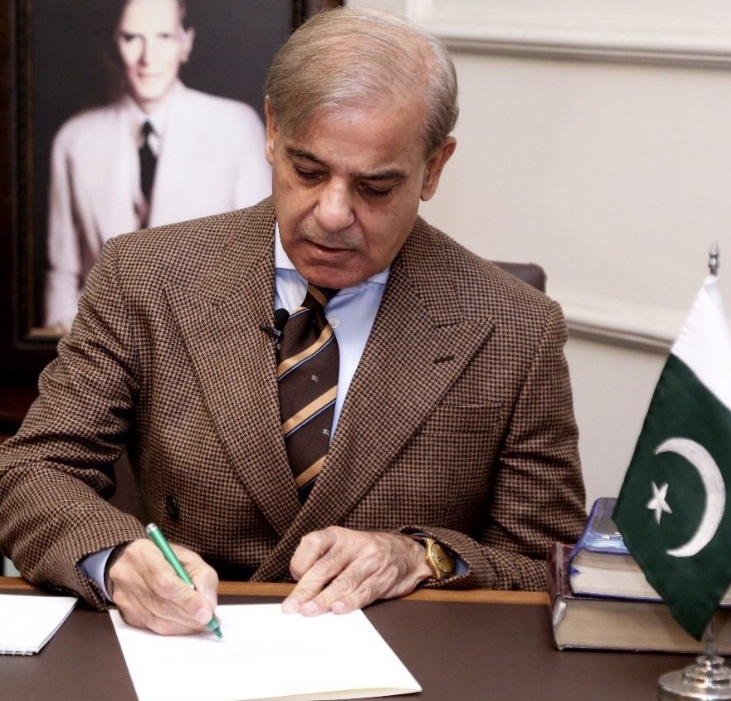
Moreover, the looming threat of international arbitration could result in penalties of up to $18 billion, a staggering sum that would cripple Pakistan’s already beleaguered economy. Fresh from securing a $7 billion IMF bailout, Pakistan can ill afford such a financial blow. The irony is palpable: in trying to avoid U.S. sanctions, Pakistan may have walked itself into an economic minefield of its own making.
Iran’s steadfast commitment to the project stands in stark contrast to Pakistan’s vacillation. Despite facing severe international sanctions and economic pressures, Iran completed its portion of the pipeline, demonstrating strategic foresight and a commitment to regional energy cooperation. Pakistan, on the other hand, has allowed itself to be paralyzed by fear of U.S. reprisals, showcasing a lack of sovereign decision-making and strategic autonomy.
The disparity in approach is further highlighted by the fact that Iranian traders, hampered by sanctions, still manage to smuggle up to $1 billion worth of natural gas into Pakistan annually. This underground economy underscores the real demand for Iranian gas in Pakistan and the missed opportunities for legitimate, state-level cooperation. Pakistan’s handling of the pipeline issue reveals a broader failure in its foreign policy. Caught between the pressures of U.S. sanctions and the need for energy security, Pakistan has chosen the worst possible path: inaction. This paralysis has not only strained relations with Iran but has also exposed Pakistan’s vulnerability to external pressures.
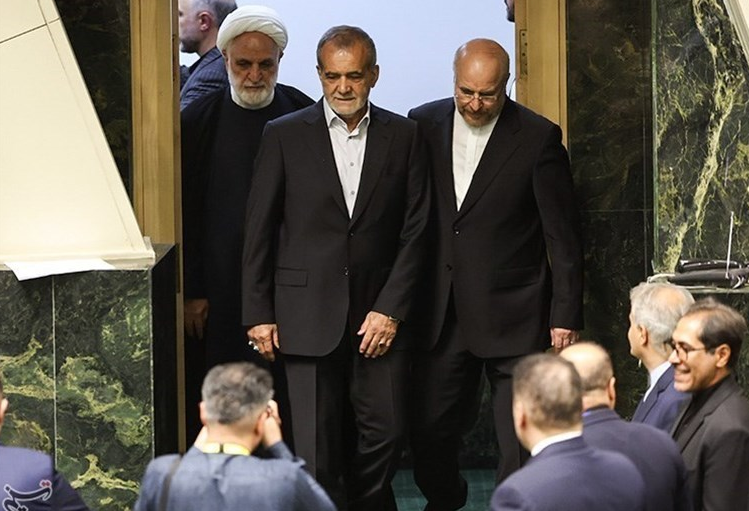
The statement from Pakistan’s Ministry of Foreign Affairs, claiming “robust channels of communication” with Iran, rings hollow in the face of years of delays and broken promises. Pakistan’s inability to leverage its strategic importance to negotiate sanctions waivers or find alternative solutions highlights a fundamental weakness in its diplomatic capabilities. As the September 2024 deadline for international arbitration approaches, Pakistan finds itself cornered.
The options are limited and unappealing: face billions in penalties, risk U.S. sanctions by rushing to complete the pipeline, or continue the strategy of delay and obfuscation that has proven so costly thus far. The government’s current exploration of options, as mentioned by an unnamed official, seems too little, too late. The dismissal of the $18 billion penalty figure as “pure speculation” smacks of denial rather than strategic thinking. Pakistan’s history of costly arbitration settlements, such as the $1 billion paid to an Australian mining company, suggests that the financial consequences of this debacle could be severe.
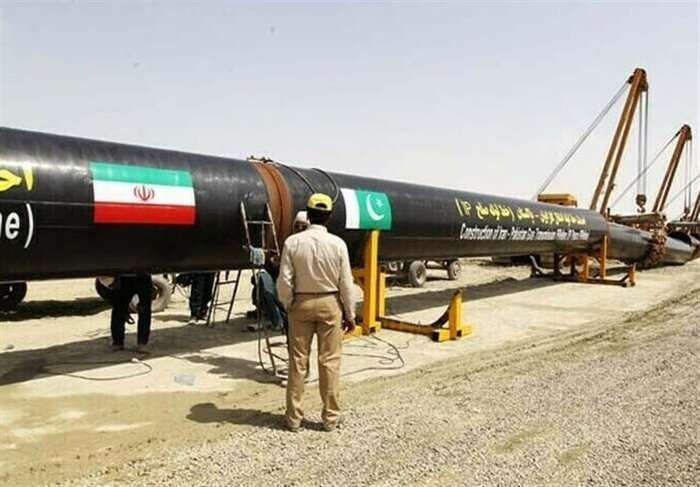
The Iran-Pakistan gas pipeline saga is a case study in diplomatic failure, economic short-sightedness, and strategic myopia. Pakistan’s inability to honor its commitments, navigate complex geopolitical waters, and prioritize its long-term energy security has led to this crisis. As Iran prepares to take legal action, Pakistan stands to lose not just billions in potential penalties but also its credibility on the international stage. The pipeline, once envisioned as a “Peace Pipeline,” now stands as a monument to Pakistan’s diplomatic incompetence and economic mismanagement. As the clock ticks towards September, the world watches to see how Pakistan will extricate itself from this self-made quagmire. One thing is clear: the cost of Pakistan’s pipeline procrastination will be high, and the repercussions will be felt for years to come.
ALSO READ: India-Singapore Forge ‘New Chapter’ in Strategic Alliance
ALSO READ: Pakistan limits civil servants’ free speech

